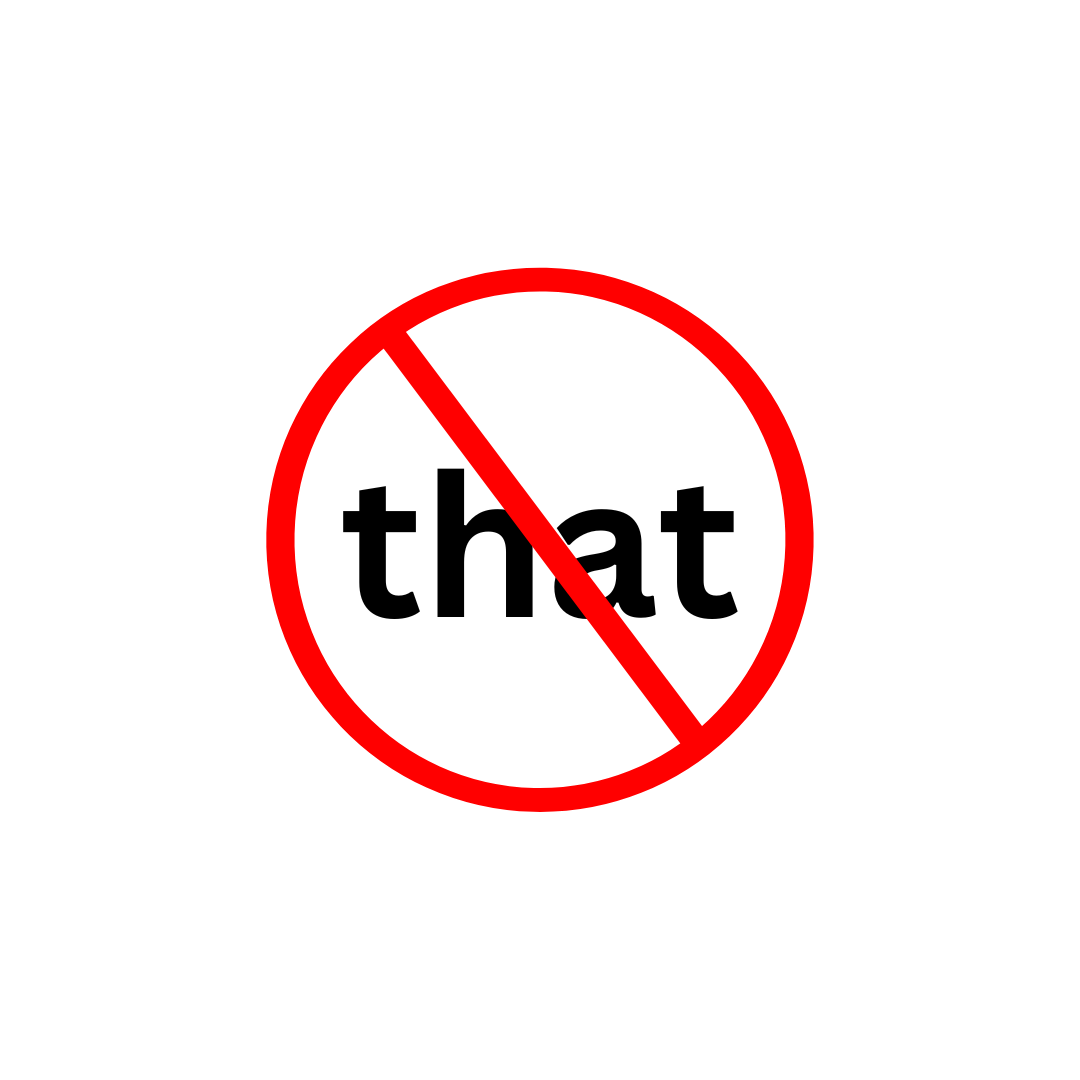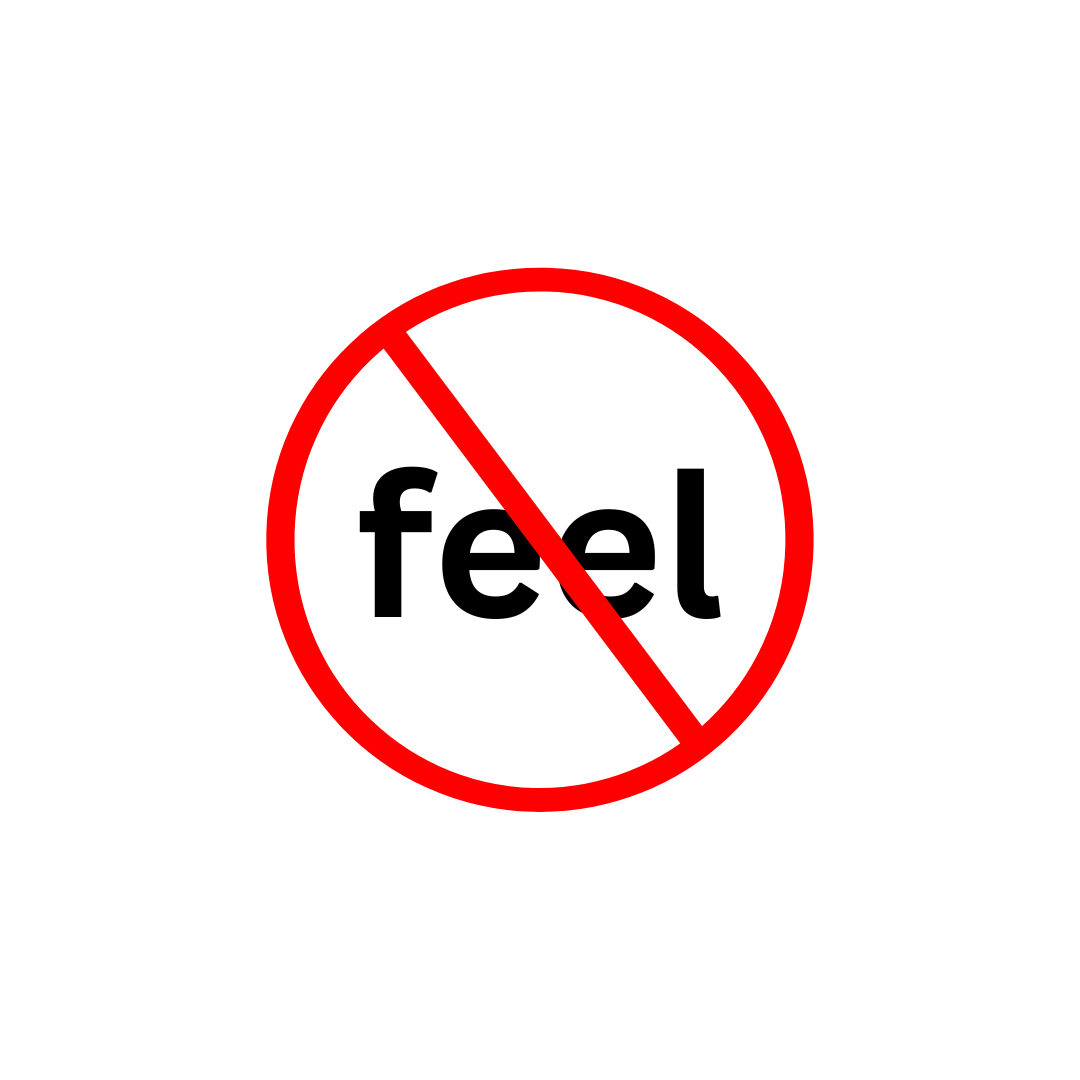Fiction for Poets
in which one poet writes to other poets about writing fiction
You know what you should always do? You should always ignore blanket advice about writing.
Have you ever written a poem – maybe it was a formal poem, maybe it rhymed – and had someone in a class or critique group respond with “There’s just no reason for a contemporary poet to write in form,” or “I don’t like poems that rhyme.” Perhaps you went the other way – did something loose or experimental – and got the “I’m not even sure this is a poem” response.
I’ve been workshopping my writing, mostly poems, for the better part of 30 years. I’ve also been working as a professional writer and/or writing instructor for 20 years (give or take a few). In that time, I’ve learned to be extremely skeptical of any critique presented as an absolute rule or overarching opinion because, in my experience, this feedback has less to do with my writing at all. It’s generally more about some rigid moral compass within the reader dictating what is always “right” or “wrong.” The thing is, I’m the kind of poet – nay, person – who believes there aren’t absolutes in writing.
Even still, I wasn’t quite prepared for this kind of feedback when it came to my fiction. Confronted with editors who told me to “do a find and delete for the words that and feel,” “don’t use a lot of semicolons,” and “use repetition sparingly,” I fell into a serious crisis of confidence. You may recall, I spent about 20 years convinced that I was constitutionally incapable of writing fiction. Add to that my pre-existing anxieties and imposter syndrome, and you’ll see I was extra sensitive to vague, sweeping advice. Beyond that, however, I was also vulnerable because I didn’t know the tropes of fiction critique and editing.
To be clear: I’m not talking about the generalized advice and lessons of classrooms, workshops, or writing guides. You know what I mean, tips like: strive to use active, engaging verbs; find concrete, specific nouns; and (everyone’s favorite) show don’t tell (though, I think I may need to devote an entire blog post to the dangers of giving this advice to a poet writing prose). This advice in those contexts is like preventative medicine.
What I’m talking about here are the blanket platitudes presented in response to a particular piece by an editor (or anyone you’ve trusted to offer honest, critical feedback on your WIP[1]). Things like:
You should never use _______.
or
My biggest pet peeve is ________.
I’m used to how these sound in the context of poetry. I can suss out what’s valuable and what isn’t. But in the context of fiction, it took me a little longer to figure that out. First of all, I haven’t been in a lot of fiction or prose workshops, so I didn’t recognize the kneejerk feedback – that automatic, almost mechanical advice some editors or publishers suggest to all writers, regardless of skill, experience, or the piece at hand. I’ve come to learn that “cut the word that” and “cut the word feel” are two such pieces of advice. I get it, there are times when “that” is implied and unnecessary. Likewise, I was told to avoid certain types of repetition: no need to say that someone nods their head; what else would they nod? likewise with shrugging shoulders. But as a poet, I sometimes include the “unnecessary” words because I prefer the cadence they lend to a sentence. Also, there are times when such words are necessary for clarity or context. My point is not that this advice isn’t helpful; rather, it’s not helpful to a particular piece without considering how the particular piece functions.
That brings me to “feel.” This one really burns me up. My novel is an especially emotional story; it’s got all of the feels. So I really took it to heart when an editor told me that “felt” is her “nemesis.” However, as I dug in, the advice became less and less useful as I realized her preconception and prejudice against that particular word meant she always read it the same way and failed to see how it might be useful or necessary.
Consider the sentence: I felt his body tense beside me. My editor suggested the straightforward change: His body tensed beside me. However, these two sentences are qualitatively different: The first is about the experience of the speaker; the second is an observation. The edit actually changes the meaning of the scene. So, applying a standard rubric – without even critically evaluating the context – means missing some of the subtleties of language, things that you don’t necessarily “know,” but you feel instead (oh crap, there it is again!).
Here is where I think I arrive at two of the fundamental challenges of being a poet writing fiction. First, poets (at least most of the poets I know) consider themselves artists. This is not to say that prose writers are not artists: I think many are. But I’m not sure how many of them see themselves that way. As artists, most of the poets I know (even those who love working in form) aren’t fans of absolute rules or rubrics. We see the purpose of our work somewhat differently than our fiction-writing counterparts. It’s not a simple binary, of course, but prose writers, especially writers of fiction, seem to be driven more by the bigger picture, the whole story, the arc. Poets, on the other hand, tend to focus more narrowly – individual moments, objects, and feelings. These two perspectives are not mutually exclusive; in fact, I’d wager the best of both fiction and poetry comes from their marriage.
The second challenge, in my opinion, stems from the first. Because of its smaller former and narrower focus, poetry uses words differently than fiction; it is concerned with beauty and musicality. Poetry is often about slowing to closely examine something. Fiction, on the other hand, is concerned with story and character and, by nature, requires more world building and development. Pragmatically, that means it also requires more words. Therefore, fiction can be (though it isn’t always) more concerned with efficiency and concision. Again, these aren’t binaries or mutually exclusive, but there is a tension in the space between the genres’ differing concerns.
Last fall, I went to an event at the Free Library of Philadelphia where two poets – Ross Gay and Major Jackson – were reading from and discussing their new books of prose. (It was magical, and I will be reviewing their books just as soon as I possibly can.) During the Q&A, someone asked how their poetry informed their prose, and they pointed to qualities like repetition, digression, and musicality. My heart sang when Ross Gay explained (and I’m totally paraphrasing from memory) he sometimes chose to write sentences in certain ways because the sounds of the words added a new, invisible layer of meaning. He said he might be the only one who even saw the layer or knew it was there, but it was still important and necessary.
I don’t know if prose writers think this way, but editors don’t seem to edit this way. So as a poet, some of the automatic feedback for fiction – with its focus on speed and streamlining – has felt antithetical to my very approach to the written word. This has, of course, forced me to approach feedback in the same way I approach most language: slowly, contemplatively, examining all the minute particulars.
Ultimately, I won’t throw away any advice – not even when it feels oppressively generic. Nor will I do a find and replace for individual words or phrases because they happen to be on some “never use” list. Instead, I will read and revise my novel (all 110K words of it) with the careful precision I take with a 40-line poem. I will find the places where the generic advice is applicable, and I’ll challenge the places where even the most specific suggestion doesn’t feel quite right. That’s what I’d advise anyone to do when revising. Then again, I’d also suggest you take any advice with a giant grain of salt.
[1] WIP: Work in Progress. Maybe it’s obvious, but as a poet this was not ever how I referred to my ongoing projects. On the other hand, it’s super common lingo among prose writers, especially in the age of social media.
Autumn Konopka is a writer and teaching artist who enjoys coffee, running, and reggaeton. She's currently working on her first novel, which she expects to publish in early 2023. Find her online: autumnkonopka.com.




